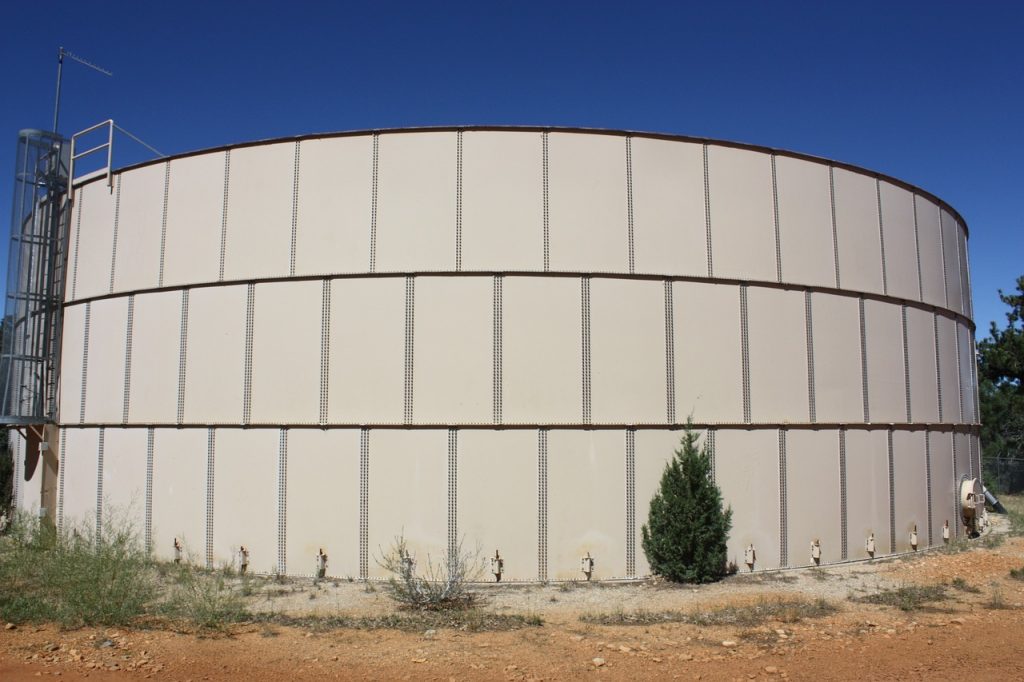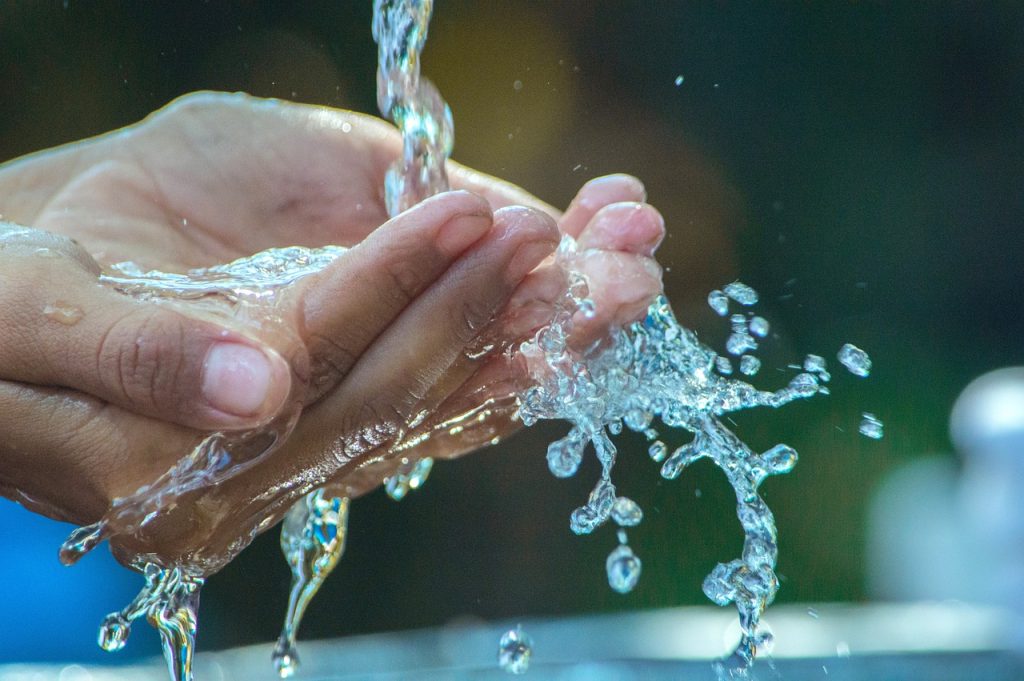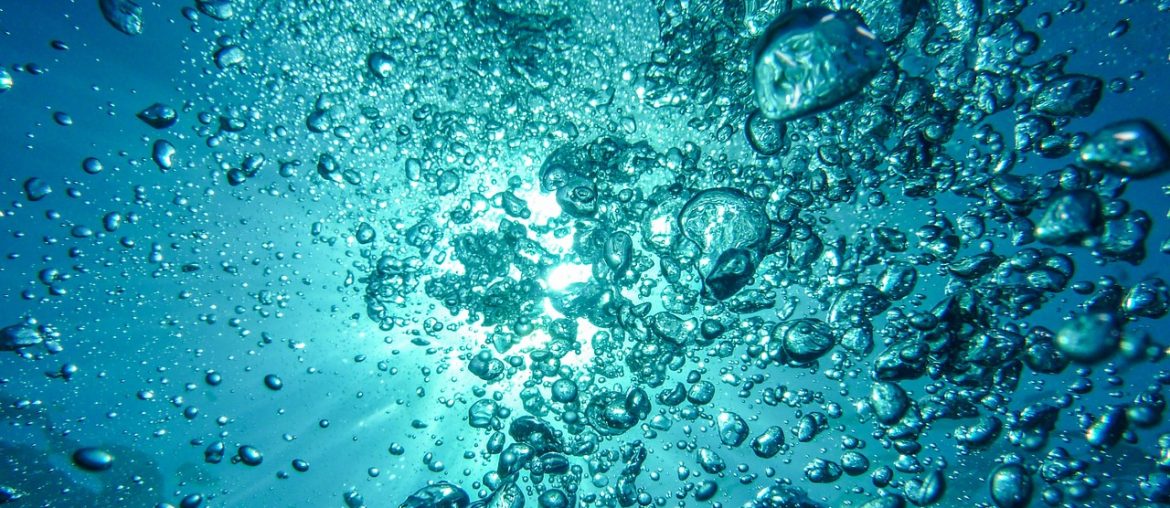Ensuring a Clean and Reliable Water Supply
In Cochise County, having water tanks for storing excess water is a common practice, regardless of whether water is obtained from a well, rainwater collection, or hauling services. Water tanks are crucial for maintaining a clean and readily available water supply. They serve various purposes, including storing water for times of high demand, ensuring water availability during well malfunctions, and preserving harvested rainwater for later use.

There are several types of water tanks available for different needs and budgets:
- IBC Totes: These are cost-effective and readily available tanks that are easy to transport. However, they require proper sealing and covering to prevent light exposure, which can promote the growth of algae and bacteria inside.
- Plastic Tanks: Plastic tanks are the most common long-term solution for water storage. They are designed to be drinking water safe and come in various sizes. Opaque and durable plastic construction helps prevent the growth of contaminants inside the tank.
- Metal Tanks: Although more expensive, metal tanks are known for their durability. They are larger in size and can also be used to collect rainwater. Metal tanks provide a long-lasting and reliable water storage solution.
- Cisterns: Cisterns can be either homemade or store-bought, with the latter being more expensive than above-ground options. Building or buying a cistern involves digging a hole to properly place the tank underground. Plastic and concrete tanks are common choices, with concrete options being more expensive but highly durable.

Regardless of the type of tank chosen, it is essential to maintain clean and safe water storage:
- Water Purifiers: Consider using a portable water purifier like a Berkey. These purifiers remove bacteria and viruses that conventional filters may not eliminate. Berkey systems can be washed and reused for years, offering a simple and efficient solution.
- Whole-House Filtration Systems: Many households use standard home filtration systems, including sediment and carbon filters, to remove particulates and chlorine. However, when storing water in tanks, additional measures are needed to address bacteria and viruses. Installing a UV filter for the entire house or at least for drinking water provides an extra layer of protection.
- Chlorine Treatment: If there is suspicion of growth inside the tanks, it is important to treat the water or the tank itself with a chlorine solution to ensure safety. The amount of bleach or chlorine required depends on whether the water will be used for drinking or non-potable purposes. Recommendations from Chlorox can be followed to properly sanitize the water tank.
By selecting the appropriate water storage option and implementing necessary filtration and treatment measures, Cochise County residents can maintain a clean and reliable water supply. Regular maintenance, monitoring, and adherence to recommended guidelines will help ensure the quality and safety of stored water, regardless of its original source.

